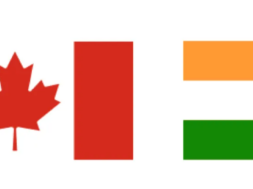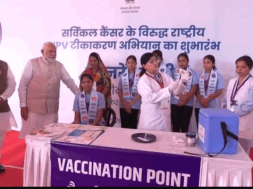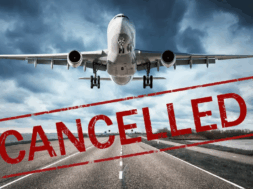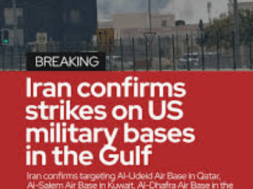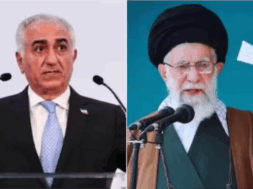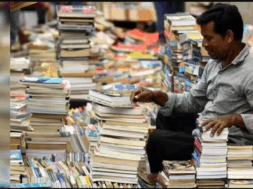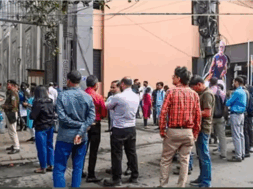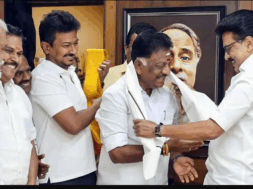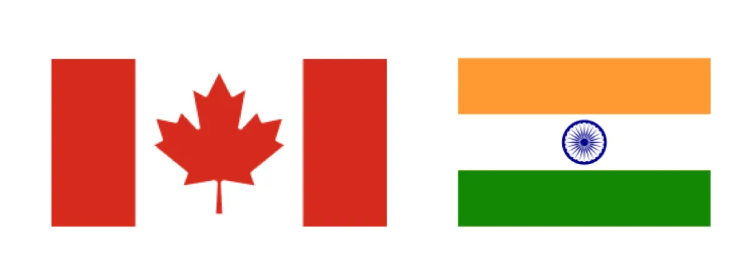
Roving Periscope: Despite irritants, Canada softens, India resumes e-visas
Virendra Pandit
New Delhi: The growing proximity in the last few years between India and the West, especially the US, prompted the global anti-India lobby to fire on all cylinders: it relentlessly planted and amplified anti-Hindu stories in the obliging media, resuscitated the comatose Khalistani activists within and without, reactivated the Pakistan-based Islamist terror gangs in Jammu and Kashmir and tried to paint the South Asian nation in darkest shades worldwide to upstage the irresistible rise of the Indian economy.
This lobby is still working to somehow drive a wedge between India and the West. Only recently, a ‘liberal’ British media outlet tried to revive the Indo-Canada discord by claiming that even Washington had warned New Delhi against any alleged plot to eliminate Khalistani leader Gurpatwant Singh Pannun, who holds dual citizenship of the US and Canada. The media conveniently ignored that no Western government openly sided with Canada.
And, while giving space to him, it also overlooked how Pannu continuously threatened India. Recently, India legally confiscated his property in Punjab, prompting him to release more anti-India videos, openly threatening Air India, and trying to disturb the finals of the IPL cricket match in Gujarat. Fresh criminal cases have been filed against him.
But, with the geopolitical focus shifting to the Middle East, some deft handling of sensitive matters, diplomatic finesse, and backdoor dialogues seems to have led to a thaw in the bilateral Indo-Canadian relations, which went to the nadir in the last two months.
In particular, because the West can ill-afford India’s support during the ongoing Gaza War, which diverted the world’s attention away from Ukraine and Canada to the Middle East.
That is why, almost two months after India suspended visa services in Canada over its Prime Minister Justin Trudeau’s claim of a potential Indian link to the killing of Canada-based Khalistani separatist Hardeep Singh Nijjar in June, New Delhi resumed e-Visa services for Canadian nationals on Wednesday.
In October, India had already restored visa services in some categories including entry visas, business visas, medical visas, and conference visas. However, tourist visas have still not been restored for Canadian citizens, including Khalistanis.
“Indian e-Visa facility has been restored with effect from 22 November 2023, for all eligible Canadian citizens,” the Indian High Commission in Ottawa tweeted.
“What had happened was that we had temporarily suspended visa services… because the situation in Canada made it difficult for our diplomats to go to the office and do the necessary work for assessing visa. As the situation there has become more secure or relatively improved, I think we have found it possible for the visa services to progressively resume. The physical visa had started in many categories. So at that time itself we had said, we will be looking at… so I think it was a logical step,” External Affairs Minister S Jaishankar said.
This is being perceived as a major de-escalatory move by India, a potential ice-breaker, giving the Trudeau government an opening to climb down and let the matter be subtly buried. Even otherwise, despite India asking for it repeatedly, Canada has failed to provide any evidence to support its PM’s claims which many Canadians, including his political opponents, do not agree with. In fact, the Opposition is bracing to corner the Trudeau government in the 2026 elections on this issue, forcing it to climb down.
Earlier, when India had suspended visa services, New Delhi had said the High Commission of India in Ottawa and its Consulates General in Toronto and Vancouver were constrained to take the decision because of safety and security considerations.
Following the diplomatic spat in September, New Delhi had asked Ottawa to reduce its diplomatic presence in India. In October, Canada pulled out 41 diplomats from India and halted its visa and consular services in Chandigarh, Mumbai, and Bengaluru, making them available only at the Canadian High Commission in New Delhi.
Financial reasons have also forced Canada to de-escalate. For, of all the students coming from across the world to Canada, the largest chunk—40 percent—is from India. They are a huge source of revenue for the Canadian economy.
